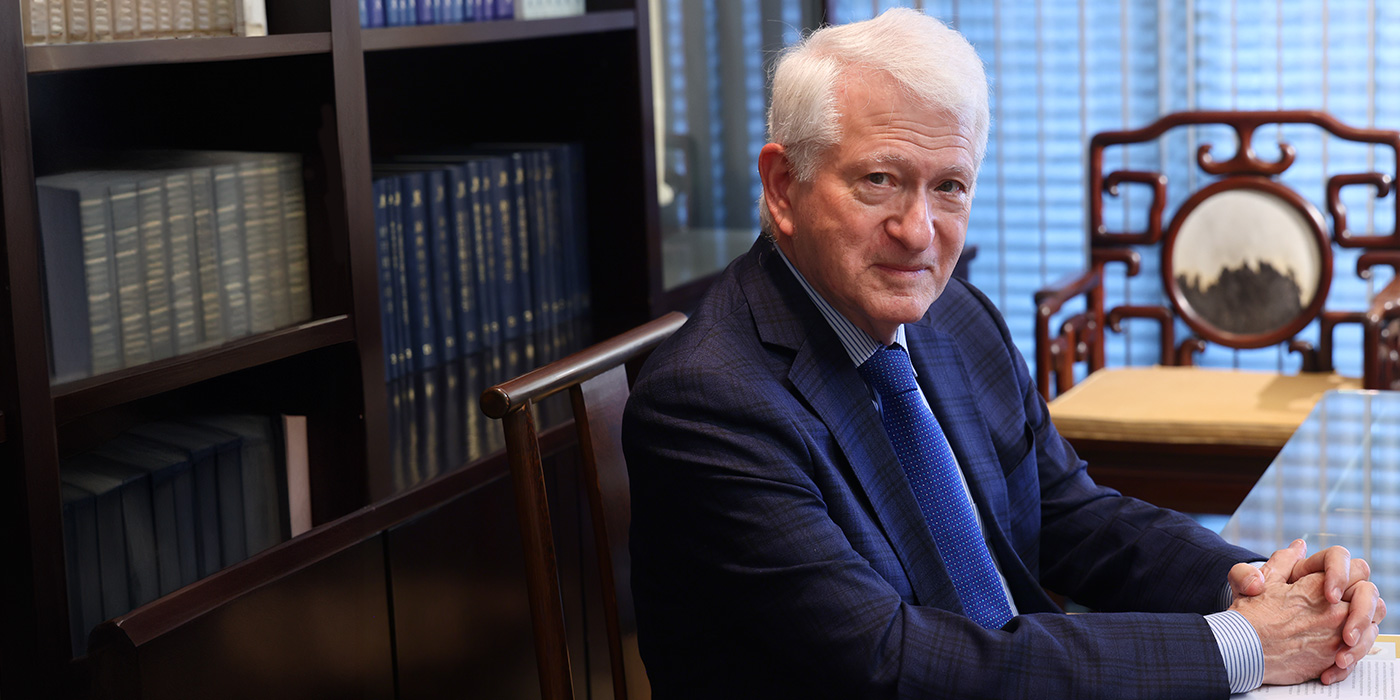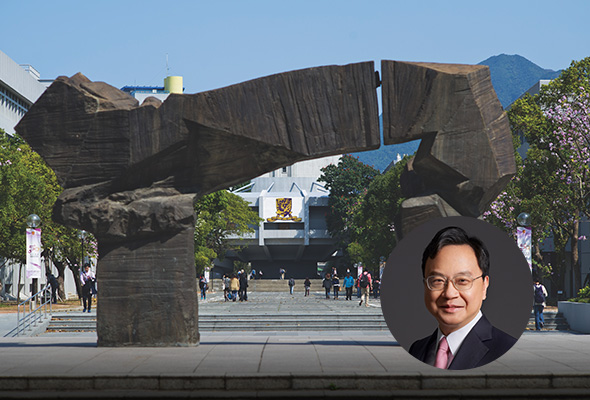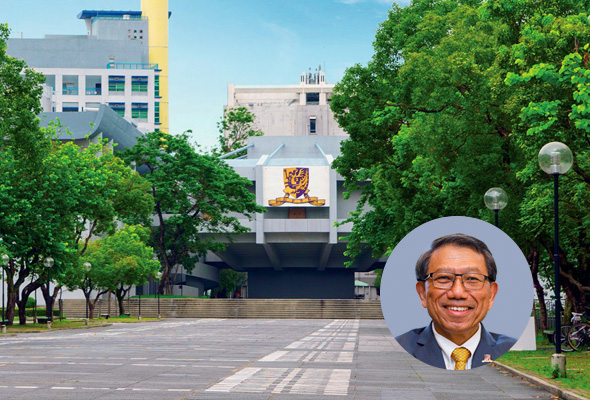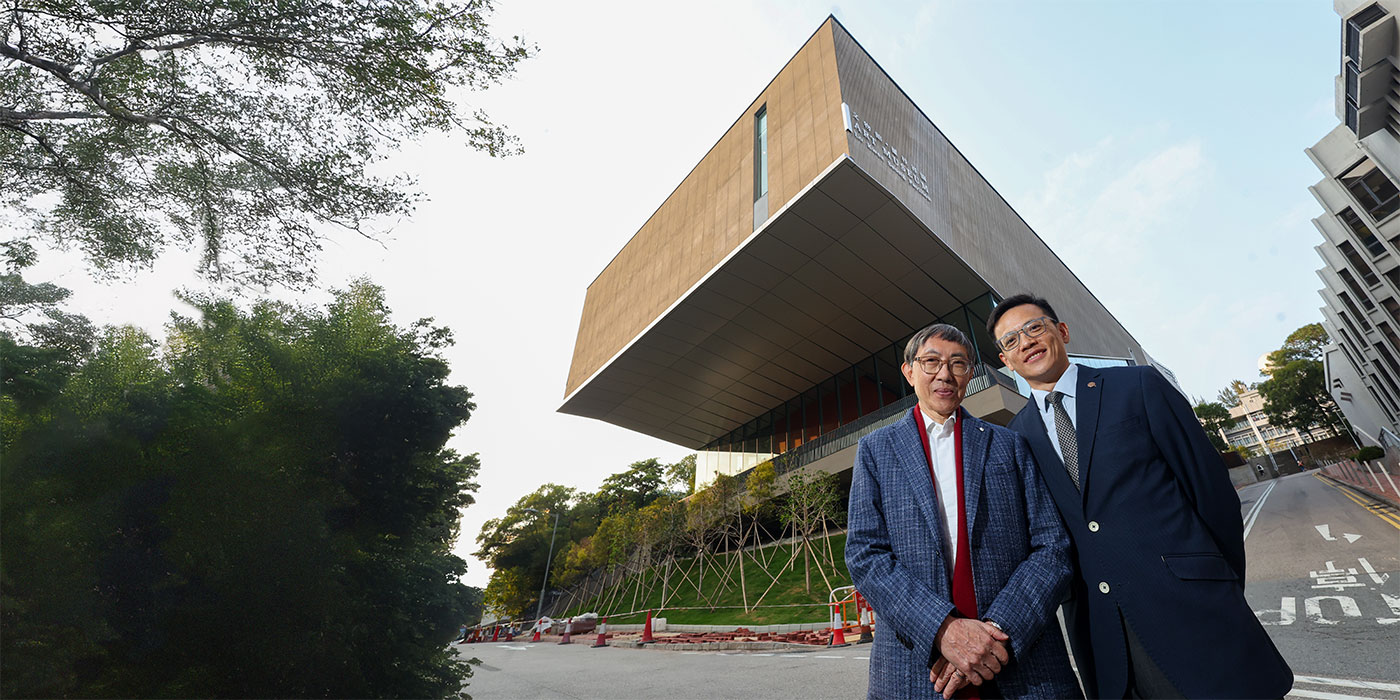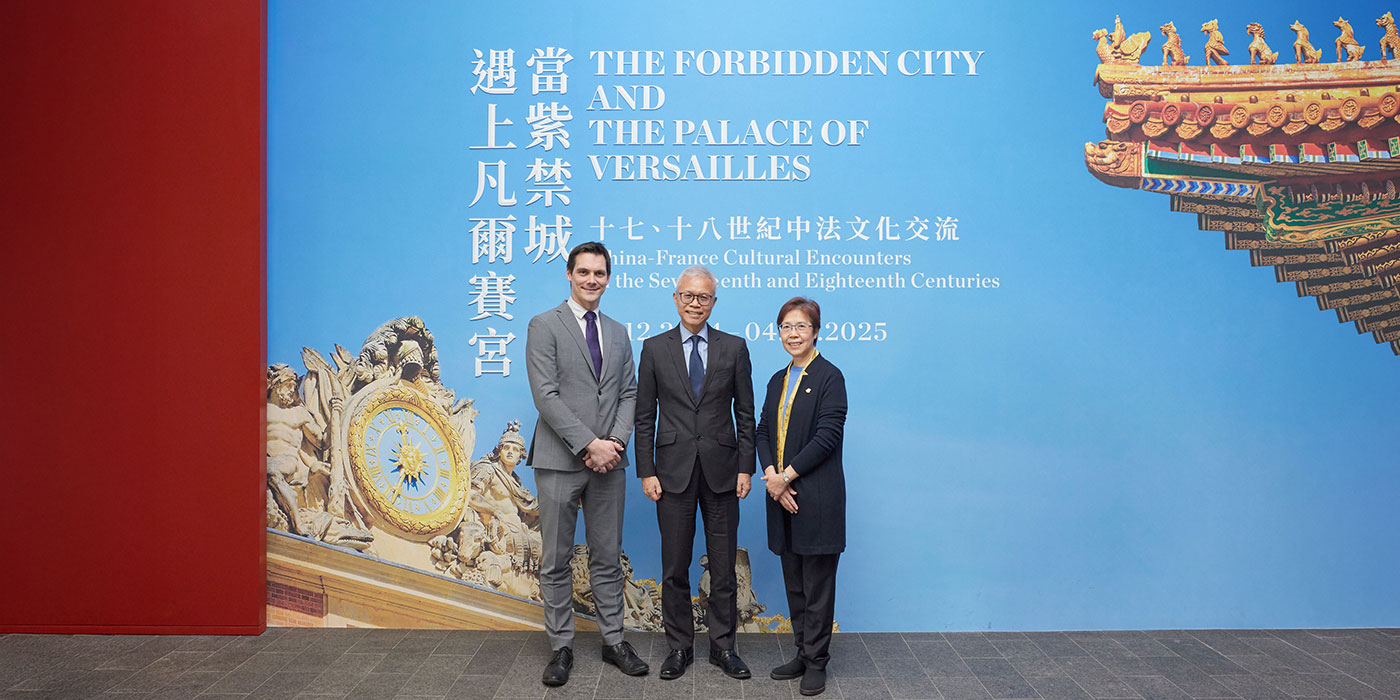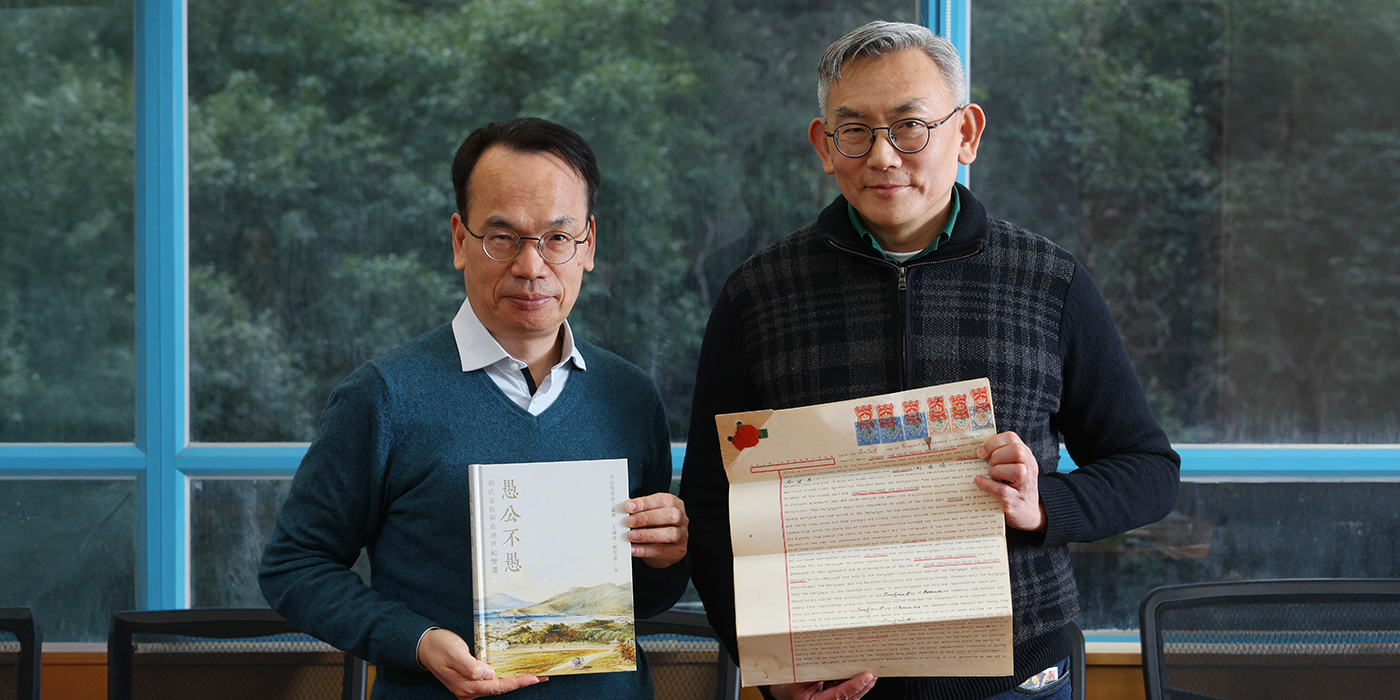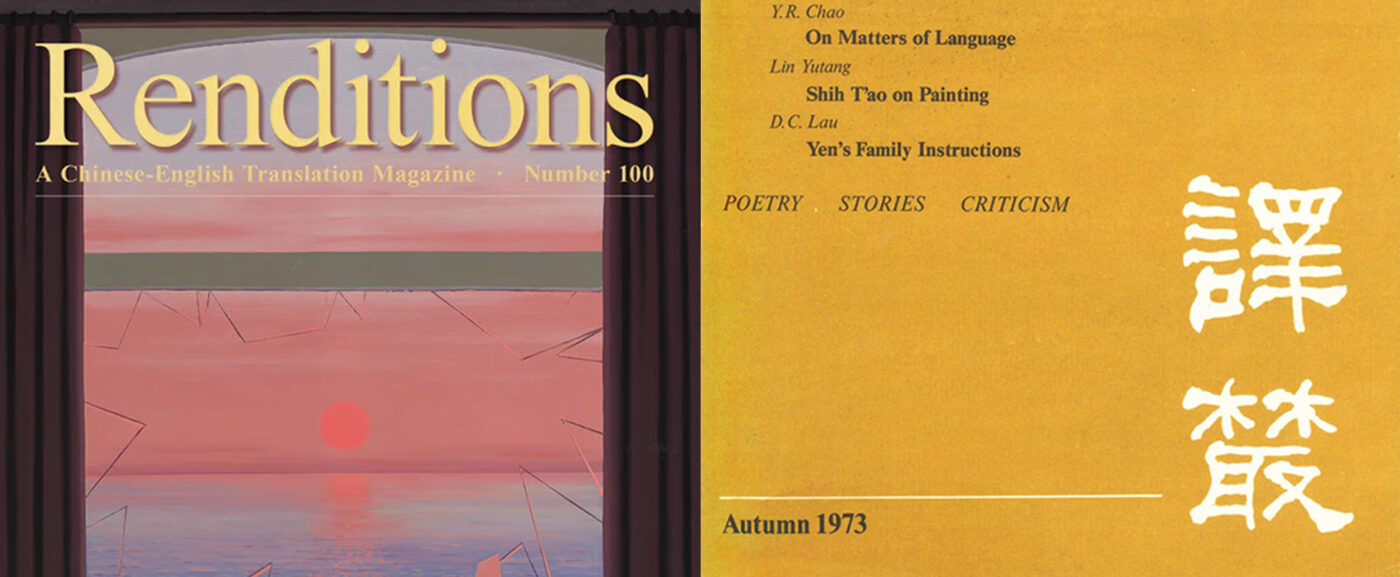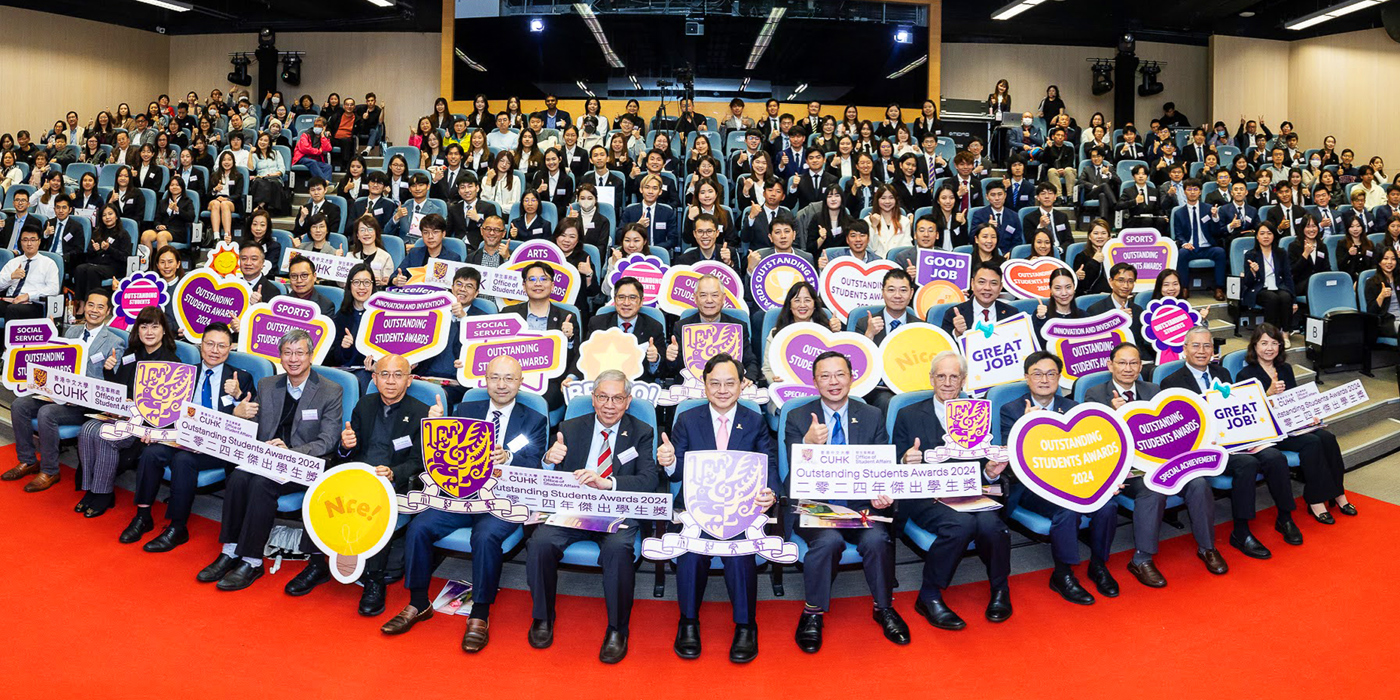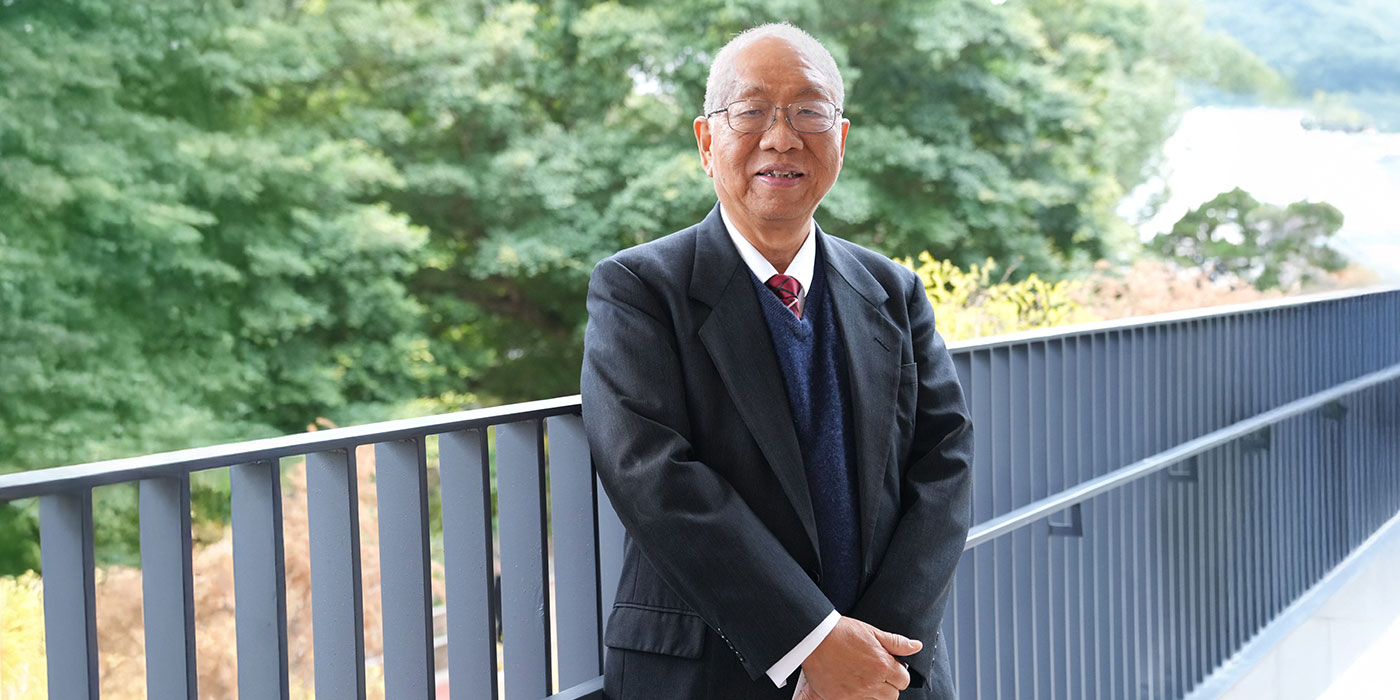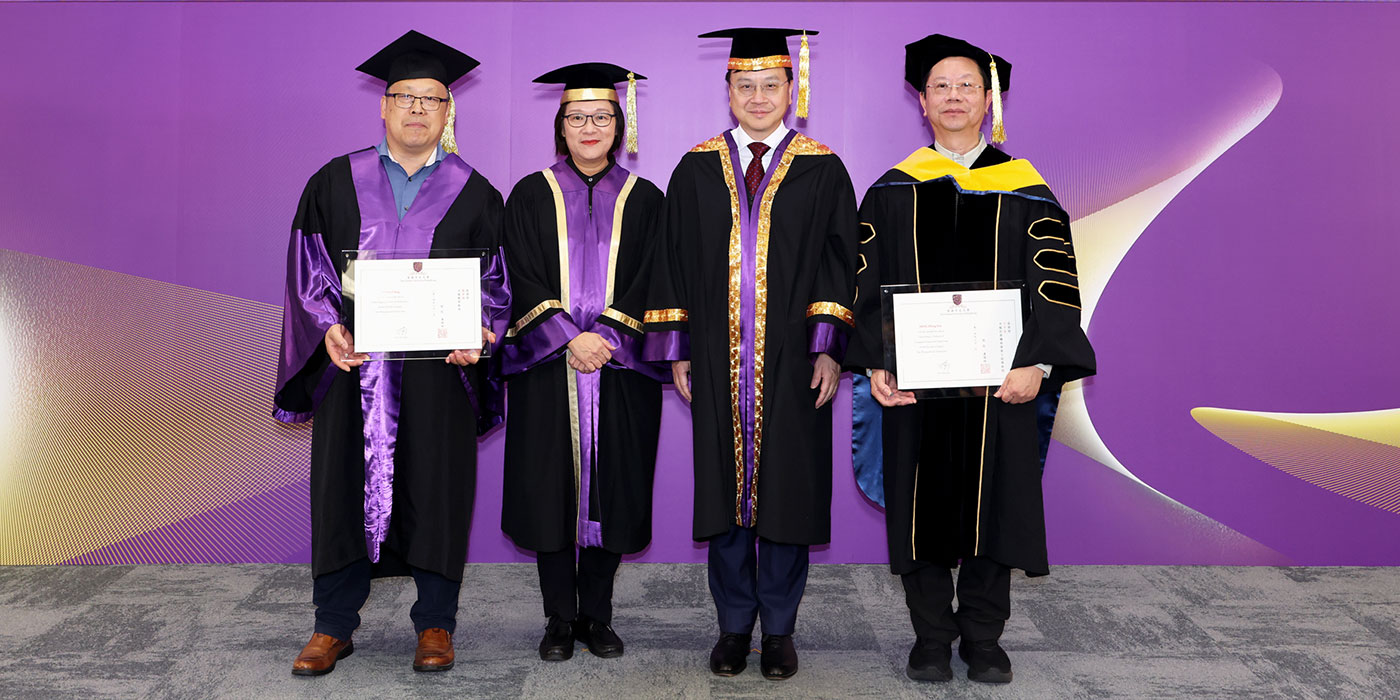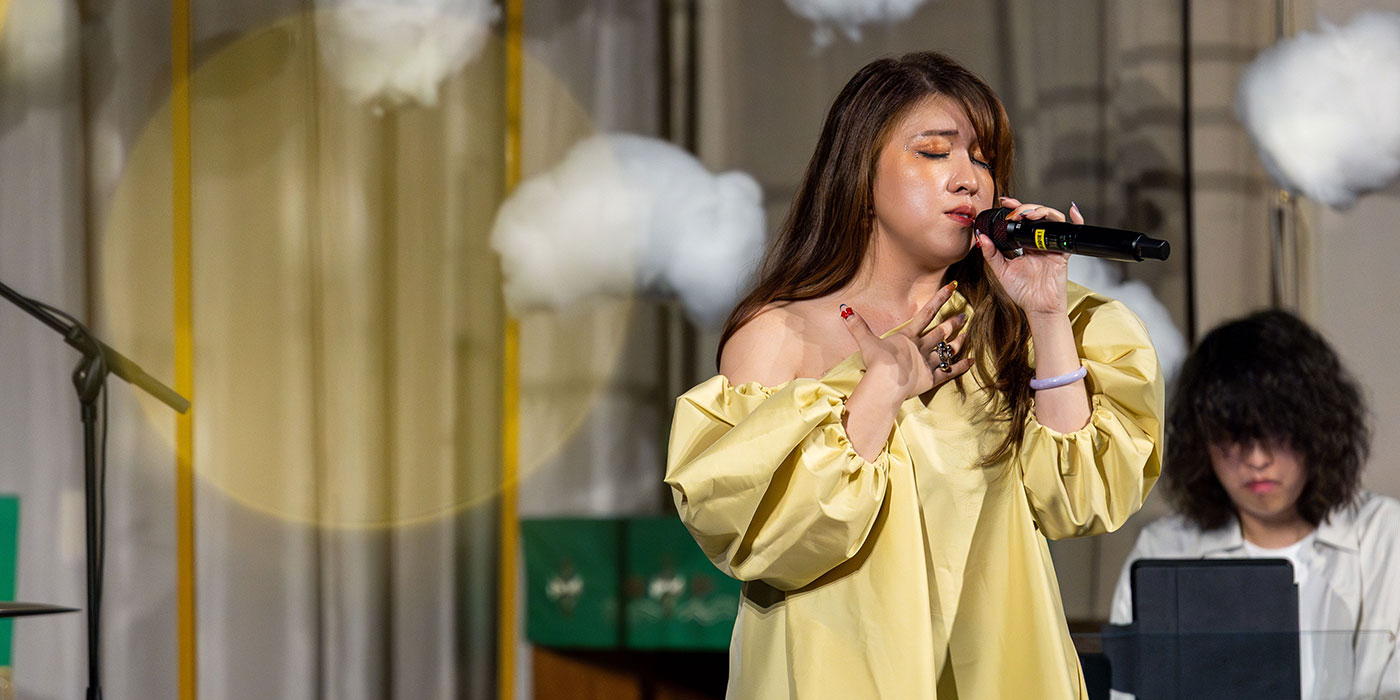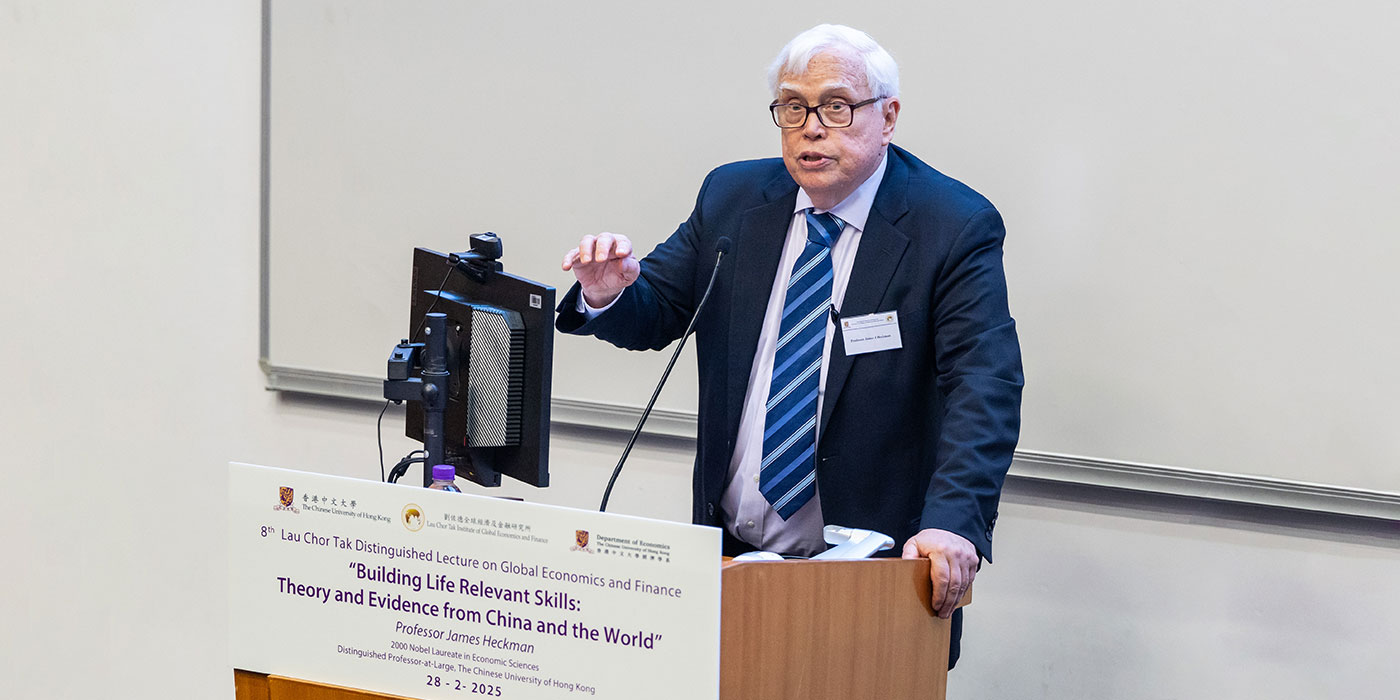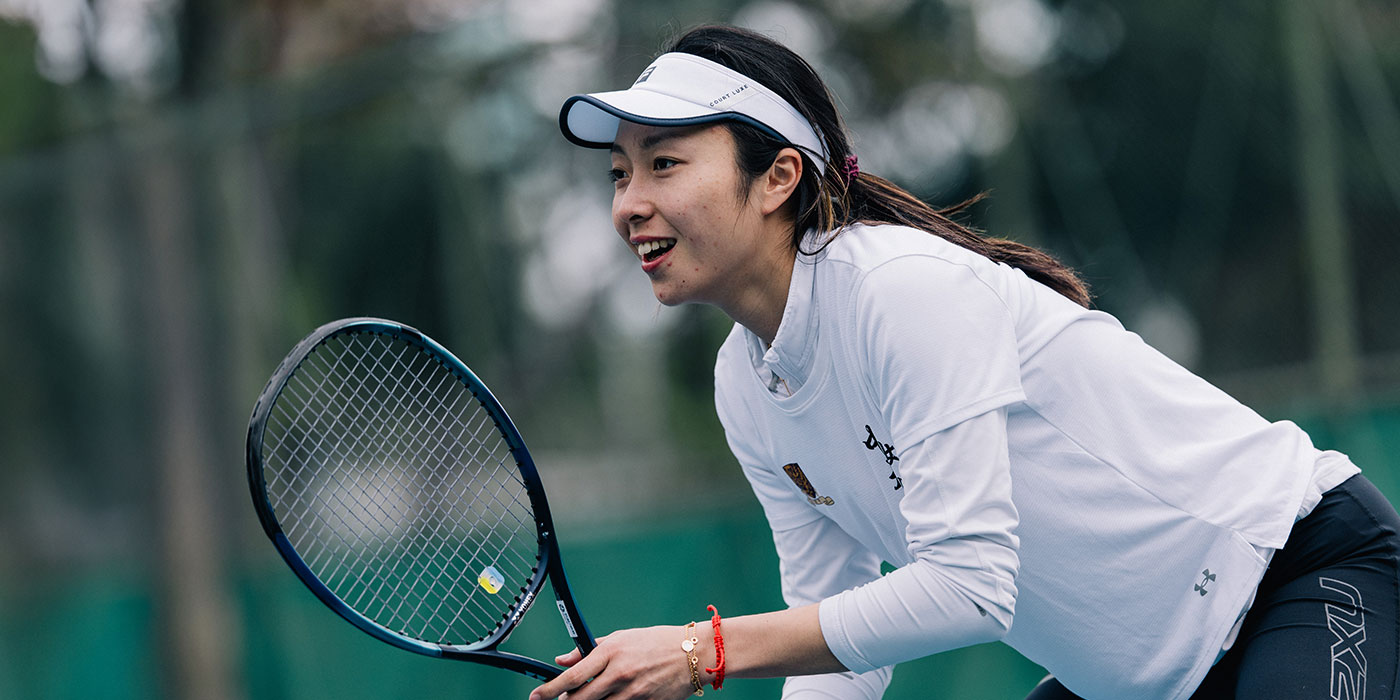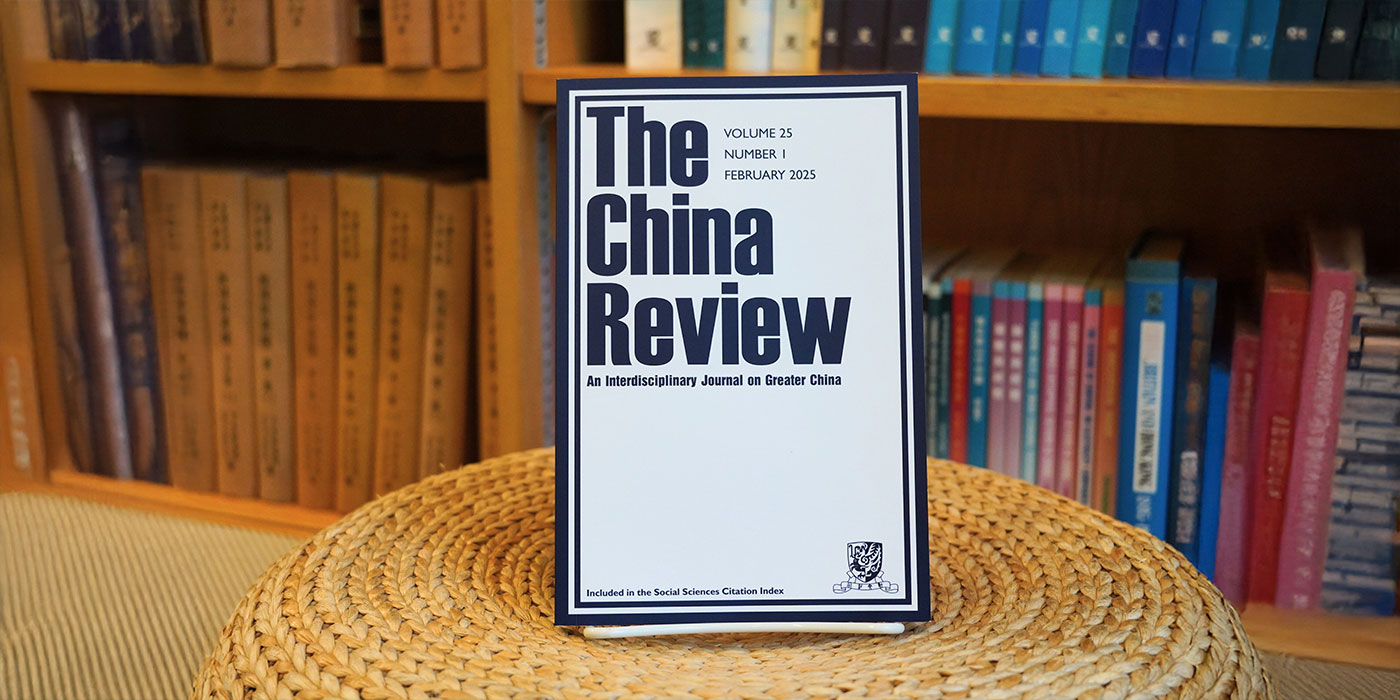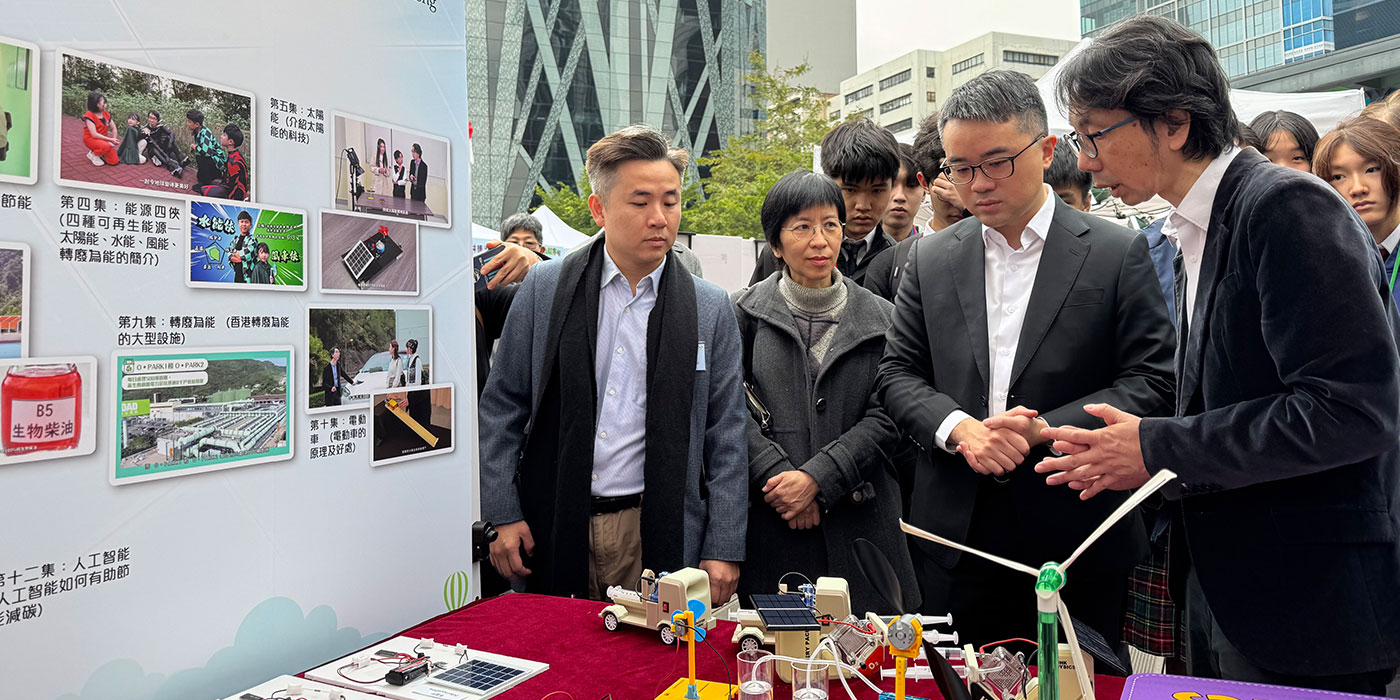Widening doors to international student exchanges
UCLA’s Chancellor Gene Block is honoured by CUHK
When Professor Gene Block took the helm at the University of California, Los Angeles (UCLA) 17 years ago, one of his priorities at what is now America’s top ranked public university was to increase the geographical diversity of students.
At CUHK last month to receive an honorary doctor of laws degree for his outstanding leadership in higher education, he explained his reasoning to CUHK in Focus.
“What I recognised was that our students, mostly from California, were being deprived of important experiences on campus,” Professor Block says.
“Many of them come from low-income backgrounds – they have not travelled abroad, and they probably cannot afford to travel as they work during the summer. Their international experience is having students from overseas and living in the dormitory with them.”
“When we think about global experience for our students, there are two components,” he adds. “One is to travel overseas, but for many of our students, that will not happen. The next best, I believe, is having a student from overseas at UCLA.”
So, Professor Block set about increasing the number of international students at UCLA. Today it is among the top choices for young people around the world, with more than 5,200 international students coming from 106 countries. UCLA and CUHK are international partners in research, as well as in student and faculty exchanges.
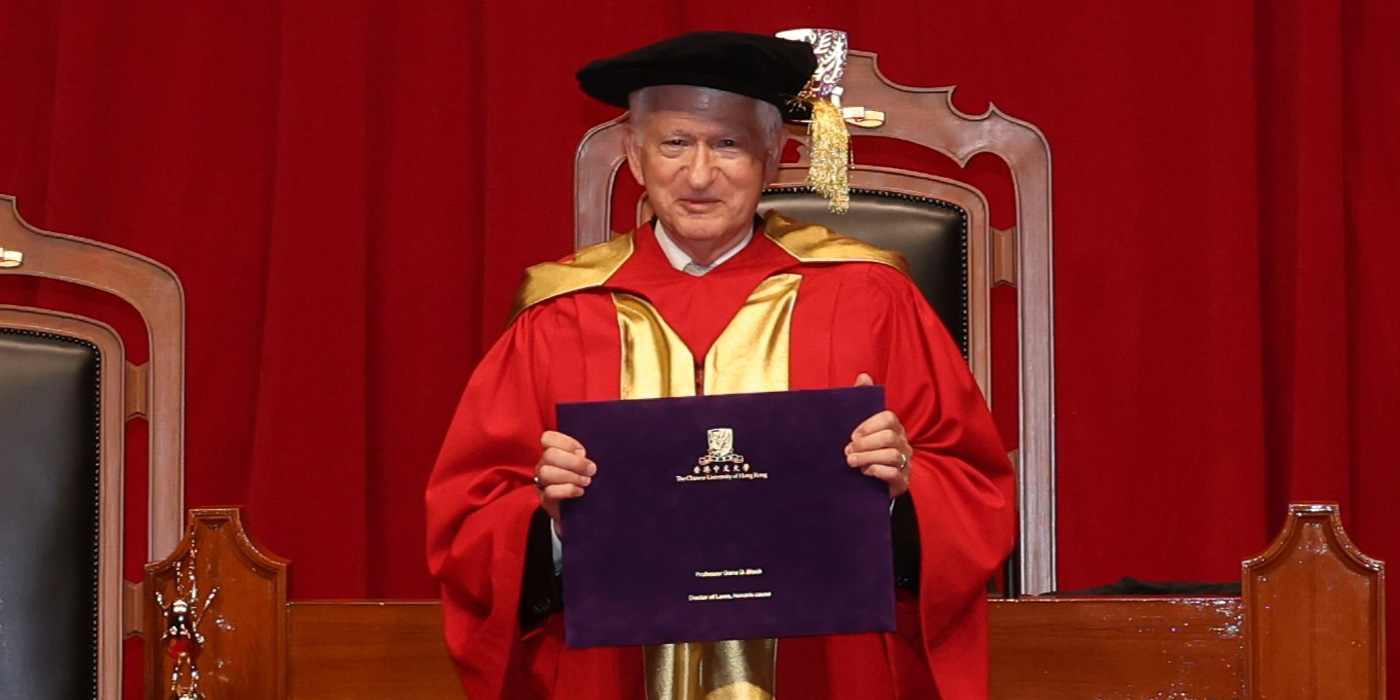
Now 75, Professor Block will step down as Chancellor at the end of this month. He is widely lauded as a steadfast advocate for high-quality, accessible public higher education. Since assuming the role of Chancellor in 2007, he has prioritised academic excellence, civic engagement, diversity and financial security for the institution, which has 46,500 students (more than double CUHK’s) and 5,464 faculty members.
Of particular note, UCLA has enhanced its position as a leader in enrolling undergraduates from disadvantaged or traditionally underrepresented racial and ethnic backgrounds.
Professor Block sees UCLA’s campus as a reflection of US society as a whole. Both, he says, need to confront racial discrimination, whether in the form of anti-black, anti-Latino, anti-Arab, anti-Jewish, or anti-Asian hate. They need to address discrimination on the basis of gender and other characteristics as well.
“People come from families that have biases when they arrive. As one of my colleagues once said, it’s a lifetime of work. You have to fight those biases your whole life,” he notes. “We’ve worked very hard to combat that. It’s not gone away, but we have education programmes to sensitise students to other students’ backgrounds and to better understand their histories.”
A key annual initiative of the professor has been to take UCLA student leaders to Washington DC, to interact with leaders of Congress, the White House and advocacy groups on a range of public issues, including race and immigration. Participants have also visited historical sites and museums to understand the culture and history of America’s different ethnic groups in the country, including African Americans, Asian Americans, Jews, Arabs and others.
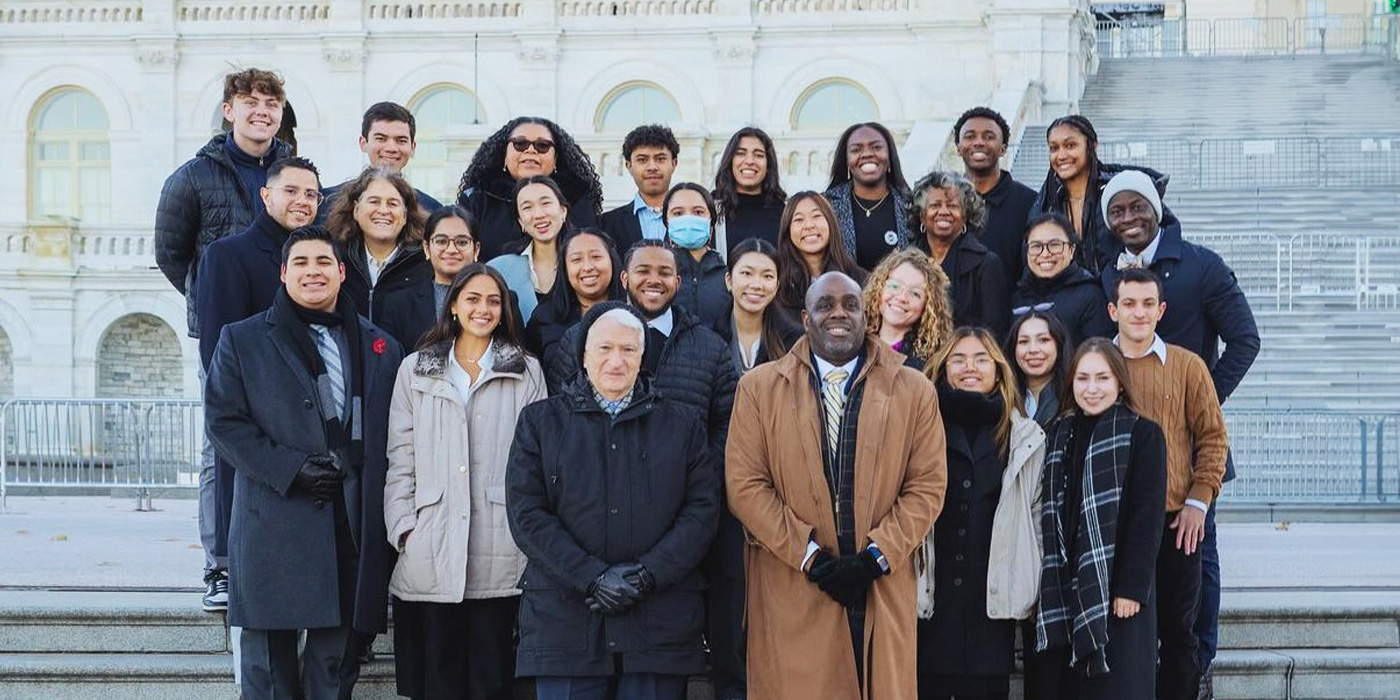
Recognising Hong Kong’s potential
Under Professor Block’s leadership, UCLA has continued to forge partnerships with the University. Its Asia Pacific Centre is a strategic partner of CUHK’s Research Institute for the Humanities.
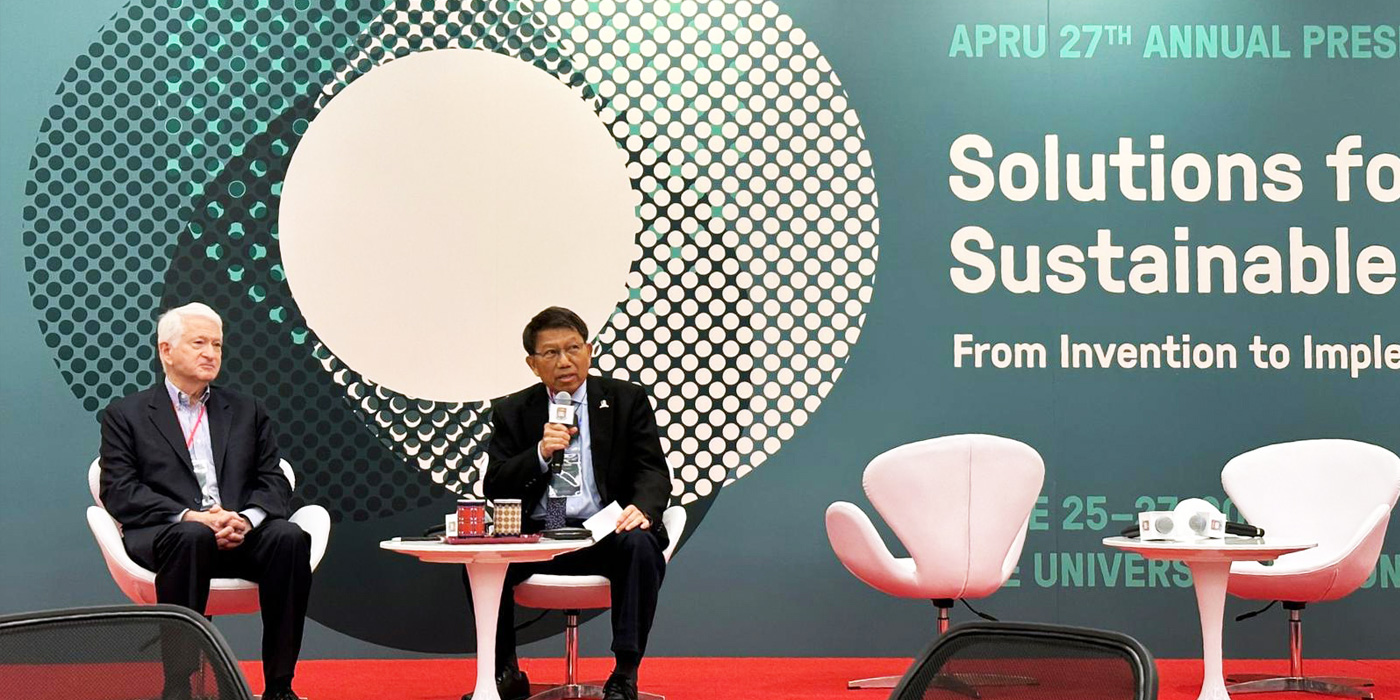
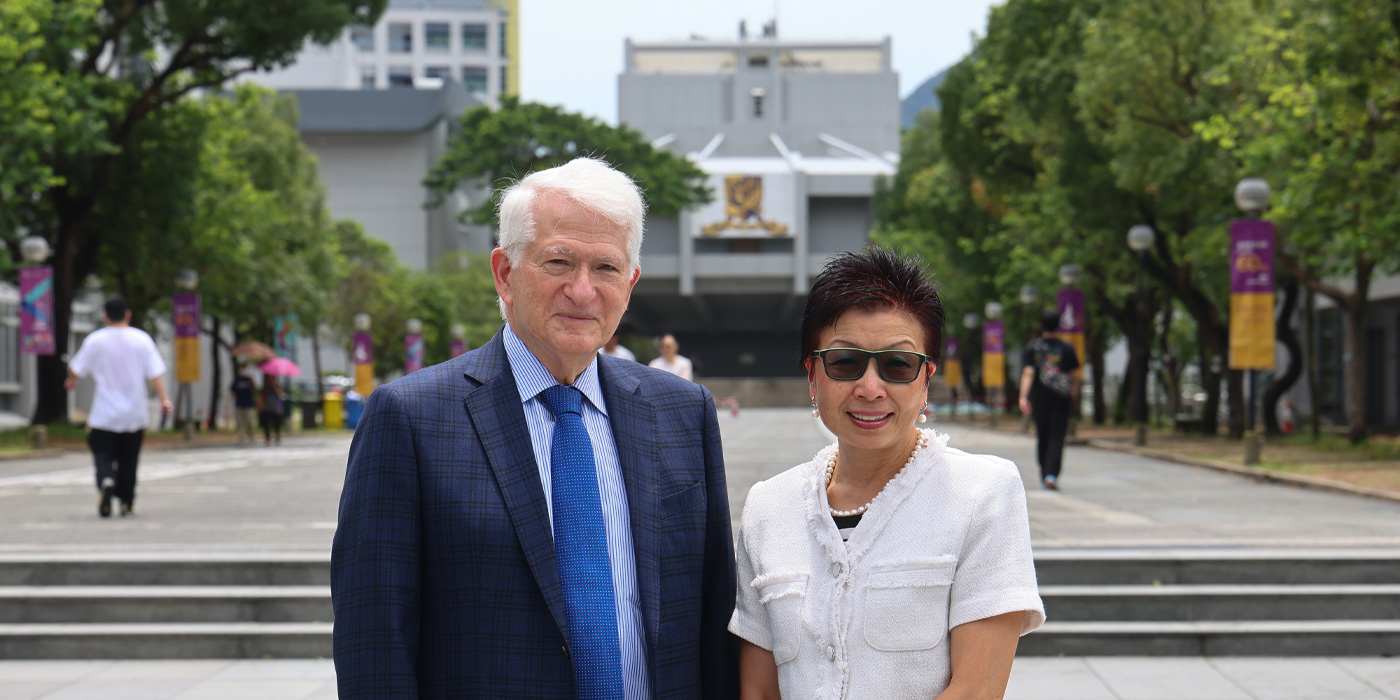
A former chair of the Association of Pacific Rim Universities, Professor Block was a speaker at the Times Higher Education Asia Universities Summit hosted by CUHK last year. During his next visit to attend CUHK’s Diamond Jubilee University Presidents’ Forum, he was a guest at the University’s 60th anniversary gala dinner, reuniting with former CUHK Vice-Chancellor Professor Lawrence Lau. The distinguished Hong Kong economist taught Professor Block economics 50 years ago at Stanford University, where he earned a bachelor’s degree in psychology.
The chancellor is optimistic about Hong Kong’s aspiration to be an international hub for higher education. “Look at the number of strong research institutions in Hong Kong. It supports truly outstanding scholarship and it’s well located. So I always thought that Hong Kong really had the ability to be the education centre of Asia,” he notes. The only competitor, he believes, is Singapore, which is also thinking about increasing globalisation in the student population.
“CUHK is also getting more and more visible. Again, it is about making certain that you have a large enough group of international students that they feel they are in a community, and there are academic programmes that they identify with.”
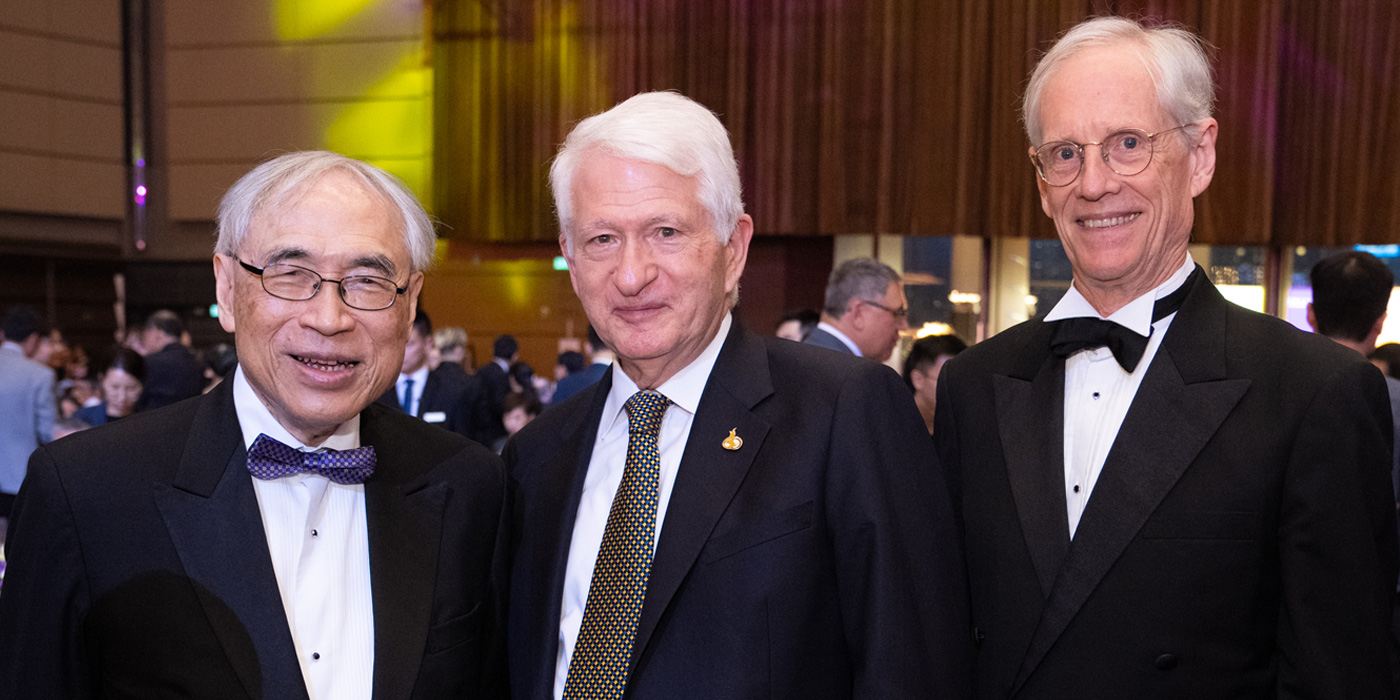
Tackling grand challenges
An expert in neuroscience, Professor Block has spearheaded a particular “grand challenge” for UCLA. It is to better understand, prevent and treat depression. This was in response to a call by former US president Barack Obama for universities to contribute solutions to national or global problems.
“Depression is one of the major maladies in the world,” says Professor Block. “It cuts across every society and every demographic. In the US there are some centres or programmes focused on depression but not a lot. We decided that we should make this a priority,” he says.
UCLA’s initiative has multiple components, including research on whether depression has a genetic basis, and how to diagnose and treat it early, and how to serve students suffering from mental health struggles.
As part of the project, students are invited to take a 30-minute questionnaire online at regular intervals to find out whether they exhibit symptoms of depression. Those who need help will be arranged to see a counsellor and are assigned a student helper for support. UCLA is extending the project to community colleges that have fewer such resources to support their students.
Another component, Professor Block says, involves collaboration with tech giant Apple. UCLA staff and student volunteers consent to have their patterns of sleep, physical activity, social media usage and other daily routines tracked by their wearables, in a bid to develop a programme that can detect depression early.
After he steps down from the chancellorship, Professor Block looks forward to resuming his own longstanding research into the biological clock. He will renew his work exploring the effects of aging on sleep, in particular the deterioration of sleep associated with neurodegenerative diseases like Huntington’s, Parkinson’s and Alzheimer’s. Helping those patients sleep better at night would also bring huge relief to their caregivers, he notes.
“Probably that’s the area I’d like to focus on because it’s more clinical. I have less time left in my career. It’s more fun maybe to work on something that’s a little more applied,” he smiles.
By Joyce Ng
Photos by D. Lee

